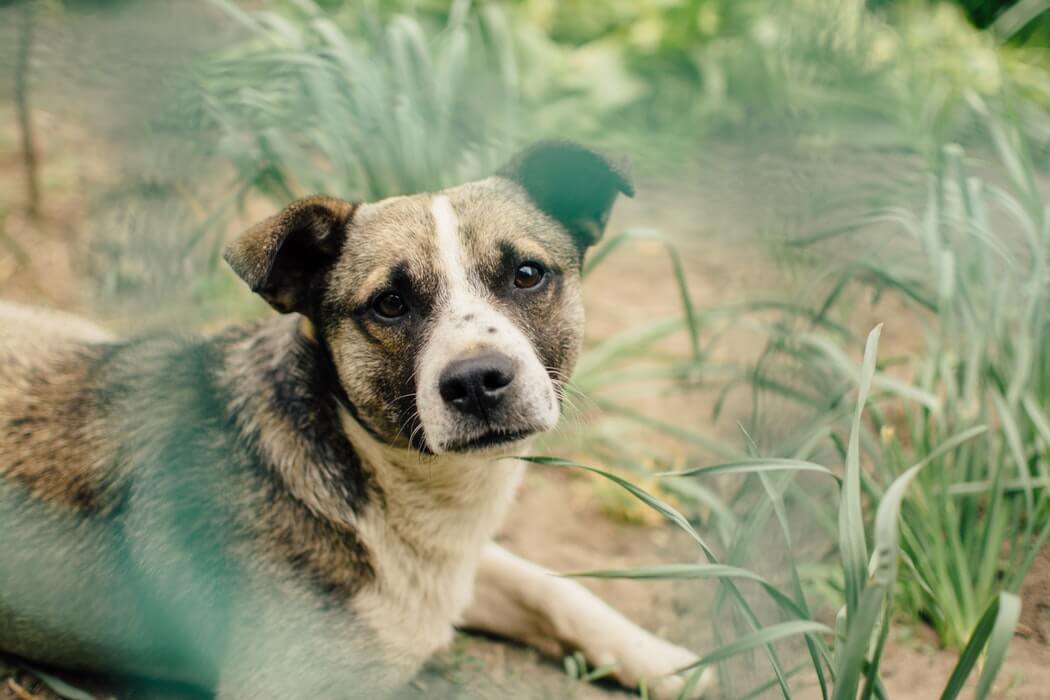
Grapes are small types of fruits that grow in clusters. These fruits have for long been known and used for food, drinks, and varieties of health solutions. They are high in potassium as well as vitamins K and other vitamins and have also been confirmed as ideal for preventing and curing cancer.
With much of the valuable benefits grapes offer man, can dogs also share in these benefits? Or simply put, can dogs eat grapes? Well, this question shall be the focus of this post so read on to find out.
Table of Contents
How Good Are Grapes To You?
Grapes come in different colors of red, green, and purple. The fruit has been processed into many forms of jelly, jams, juices, raisins, and wines.
For ages, we had cultivated grapes and used them to solve some health issues including eyesight problems, cancer, rheumatism, cardiovascular diseases, and other health challenges. Grapes contain a valuable nutrient that is responsible for its activeness in solving many health issues.
They are a wonderful source of potassium and a range of vitamins, especially vitamin K and other essential vitamins. People with diabetic issues can still relate to many products made from grapes.
Benefits Of Grapes
As analyzed on the scale of Biological Value (BV), the value of grapes in relation to other fruits is high. This makes us so endeared to grapes we consider them particular fruits. The fruit is high in several essential nutrients.
The good thing is, these nutrients have the same effect on our dogs as they do on us. Below is a particular result of scientific analysis of grapes. Note that is measured using a standardized cup of 151 grams of pressed out the grape juice.
One cup (151 grams) of red or green grapes contains the following nutrients:
- Calories: 104
- Carbs: 27.3 grams
- Protein: 1.1 grams
- Fat: 0.2 grams
- Fiber: 1.4 grams
- Vitamin C: 27% of the Reference Daily-Intake (RDI)
- Vitamin K: 28% of the RDI
- Thiamine: 7% of the RDI
- Riboflavin: 6% of the RDI
- Vitamin B6: 6% of the RDI
- Potassium: 8% of the RDI
- Copper: 10% of the RDI
- Manganese: 5% of the RDI
One cup (151 grams) of grapes provides more than a quarter of the RDI for vitamin K. As you probably already know, this is a fat-soluble vitamin vital for blood clotting and healthy bones.
More Benefits Of Grapes
With the presence of many rare and essential vitamins and minerals in grapes, it ranks among the highly favored fruits for man, and canine (or does it?).
Grapes are packed with a high level of vitamins, especially vitamin K. They have a high level of antioxidants which helps in the proper flow of blood and clotting of blood during injuries.
The fruit has compounds that help in cancer issues as well as offer succor to heart diseases. Additionally, grapes can be consumed if you wish to reduce the body sugar level in your dog. As a result, you will also help him keep diabetes at bay.
Grapes contain compounds that help issues of eye problems. Last but not least, they help to boost memory and the brain to function well.
The benefits of grapes are limitless. But to what extent can dogs benefit from these various values of grapes? Do they benefit the exact same way we do? Let’s find out.
Grapes As Dogs Forbidden Fruit
Despite the known bond between man and dogs, it appears that when it comes to matters of grapes, we just cannot help them. It has been proved that dogs react negatively to grapes and in many cases, results in death. Why?
This is due to the toxicity of grapes and raisins, which is very lethal to dogs. It is well documented that dogs that ingest even a small amount of grapes or grape raisins (dried grapes) suffer serious health issues. As a matter of fact, it results in death many times. However, research results have not revealed what compound or substance causes this toxic reaction. Strange enough, this toxic reaction to grapes or grape raisins is irrespective of dog age, breed or gender.
The only public scientific citing is the fact that a small number of grapes or raisins will cause fatality in any dog irrespective of the weight. For a dog with a body weight of about 4.5 kgs, 1 or 2 grapes will cause toxicity. A dog with a body weight of 9 kgs will be in grave danger with just 3 or 4 grapes.
This makes grapes the whole forbidden fruits for dogs.
Effects Of Grapes On Dogs
The effects of grape and toxic raisin effects on dogs usually manifest with one or a combination of the following:
- Diarrhea and vomiting, and this happen within a few hours of the dog eating the grapes or raisins.
- Loss of appetite: For a dog already down with diarrhea and vomiting, loss of appetite makes his case worse.
- The dog obviously suffers weakness and lethargy.
- Abdominal pains are also typical.
- Dehydration comes to play, and you may notice excessive weight loss on the dog,
- The dogs could also suffer from oliguria, or the inability to pass urine.
Grapes and raisins toxic effects are almost immediately noticed on dogs between 2-4 hours. This depends on the number of grapes or grape raisins the dog has consumed. It also depends on his body weight. The dog can manage himself when the symptoms first set in. But as the time progresses, she begins to show severe signs of tiredness and weakness.
This makes her recoil into a quiet corner. The effect of dehydration increases the affinity of the dog for more water. At this stage, she can only pass out little or no urine. This is a manifestation of renal failure. Failure of the kidney increases the water intake of the dog, until a time she may not be able to stand up or drink more water.
The Ultimate Results
We have highlighted how bad the toxic effects of grapes and grapes raisin can be on dogs. This takes less than 24 hours before the dog gives up.
The effects of raisins could be more lethal because grape raisins are dried grapes containing very little water. This means a more concentration of the toxic substance. The results can be more lethargic and faster too.
What Are The Alternatives?
Meanwhile, even if dogs cannot come near grapes, there are various fruit delicacies available for dog owners to choose for their dogs as part of their healthy snacks. Some raw fruit snacks are good for the dogs. These include banana slices, raw broccoli florets, peas, apple slices, and raspberries are healthy treats for dogs with no known threat of toxicity.
Also, there are even greater delicacies for the dogs. These include cooked sweet potato, steamed carrots, baked potato, Brussel sprouts, as well as grilled cauliflower steaks.
Conclusion
Possibly, there will be a time when we shall unravel the myth and rituals surrounding the ‘secret substance’ responsible for dogs toxicity in grapes and grape raisins.
Maybe until then, it will still remain impossible for dogs to eat grapes and grape raisins. For now, you will do yourself justice to resist the temptation of feeding your furry friend these fruits.
You May Also Interested In:
- 10 Best Wet Dog Foods Reviews and Buyer Guide
- 10 Best Dry Dog Foods Reviews and Buyer Guide
- Should Dog Food Be Grain Free?
- 10 Best Puppy Foods for Small Breed Reviews and Guide
- 10 Best Puppy Foods for Large Breed Reviews and Guide
- Can Dogs Eat Blueberries?
- Can Dogs Eat Watermelon?
- Is Dog Food Made Out of Horses?
- Can Dogs Eat Avocado?
- Can Dogs Eat Apples?
Share this:
- Click to share on Twitter (Opens in new window)
- Click to share on Facebook (Opens in new window)
- Click to share on Tumblr (Opens in new window)
- Click to share on Pinterest (Opens in new window)
- Click to share on Reddit (Opens in new window)
- Click to share on Telegram (Opens in new window)
- Click to share on WhatsApp (Opens in new window)
- Click to print (Opens in new window)
